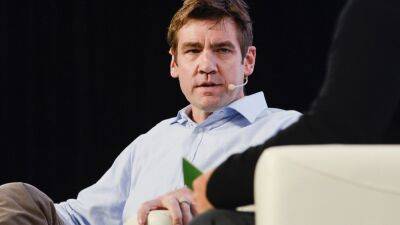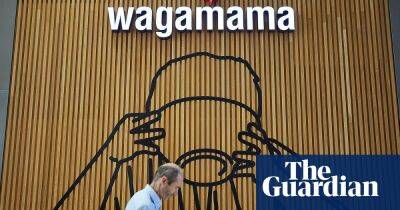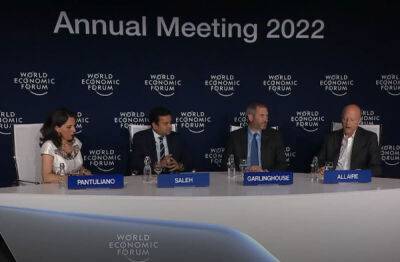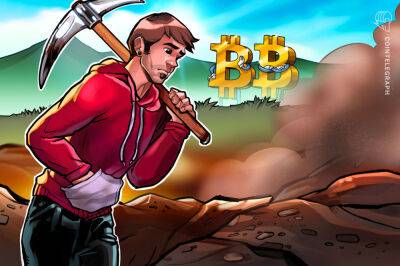Want to know why food prices won’t go down any time soon? Ask a farmer
If only the Ukraine war came to an end. If only energy prices dropped. If only Covid’s long tail finally dwindled away. Then, at last, food price inflation would be vanquished. It’s certainly true that if and when these things happen the rate at which food prices are increasing, currently at 5.9% and rising, should ease. It’s worth noting that there is also significant food price inflation across the EU right now. In Belgium it’s 5.3%, in Germany it’s 6.2% and in Greece it’s a whacking 8.1%.
So we’re the same as everywhere else. Except we’re not. For underlying all those short-term issues, is a much longer term systemic issue peculiar to the UK; one which this government seems determined to ignore. A decade ago, I was writing Greedy Man In A Hungry World, my book about food sustainability and whether it had much to do with middle-class obsessions with small-scale agriculture, organics and localism (spoiler: it doesn’t). I argued then that massive damage had been done to the UK’s agricultural base by the pursuit of cheap food by any means.
I am not, by reflex, anti-supermarket. Mass retail has gifted us an awful lot. But there’s also no doubt that the huge purchasing power of these corporate behemoths has undermined farming’s viability. In 2012 we produced only 60% of the food we ate, nearer 50% after exports, and down from the high 70s in the 1990s, and UK farmers were quitting the business. The big retailers assumed they could fill the gaps by buying from abroad, despite the fact that emerging economies like China and India were now competing with us.
I argued then that if we didn’t start paying a little more for our food to help improve our self-sufficiency, we would end up paying substantially more in the future when an
Read more on theguardian.com




















